My team has worked in C# for the past 5 years. Typically, experienced C++ programmers take a week or two to become fully functional in C#. I've even seen some do it almost instantly, after sitting with them one morning, showing them our code, and explaning the basics of the language that differ from C++. But that's not how I recommend you do it.
I recommend you do this:
Read a C# book: My pick would be Programming C# by Jesse Liberty. Important chapters are the language itself and the basics of the .NET framework libraries. The .NET Framework is huge, so you don't have to know everything in detail. You can skip through (or skim) the Windows Forms chapters. Windows Forms is so different from WPF that it won't be useful to you if you are planning on only doing WPF.

(source: amazon.com)
Read a WPF book: The best book I read so far is Windows Presentation Foundation Unleashed by Adam Nathan. WPF has a steep learning curve compared to Windows Forms, even for experienced C#/WinForms programmers. It has a lot of complex elements to understand like XAML, dependency properties, bindings, templates, animation, resources, etc. This book teaches you the basics gradually and is easy to read and understand. And it's in full color!

Read about the Model-View-ViewModel pattern: I haven't found a good book on that yet, but it's been very important for me to make my WPF applications more simple and manageable. My favorite material to learn about MVVM is this one hour presentation by Jason Dolinger. He builds a WPF application from scratch using no particular pattern, and step by step, migrates it to the MVVM pattern.

